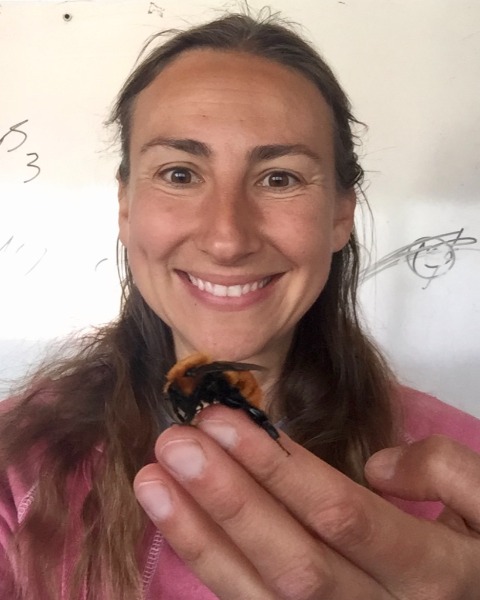Back
Physiology, Biochemistry, and Toxicology
Section Symposium
Insects Inspire Innovation in the Study of Conserved Evolutionary Toolkits
Is there a genetic toolkit for insect sociality? A synthesis across approaches and taxa
Tuesday, November 15, 2022
10:15 AM – 10:40 AM PT
Location: Vancouver Convention Centre, Meeting Room 122

Amy Toth
Associate Professor
Iowa State University
Ames, Iowa
Presenting Author(s)
Almost two decades ago, the field of evo-devo inspired social insect biologists to consider the existence of a genetic toolkit for sociality. The idea found initial support from a handful of species, focused on a small number of genes, demonstrating key social traits such caste differences and division of labor are related to core, conserved functions (e.g. reproductive regulators, storage proteins, feeding-related genes, and core metabolic pathways). Broad-scale genomic and transcriptomic data from many different social insect species is now available, numerous studies across in bees, ants, wasps, and termites have tackled the idea of a genetic toolkit for sociality using different taxa and approaches. In this talk, we will summarize and synthesize information to date addressing: 1) which genes or pathways are implicated in core social phenotypes across multiple social origins? 2) to what extent are there shared vs. divergent molecular pathways to sociality? and 3) what roles do phylogenetic relatedness and shared social life history traits play in defining and understanding the toolkit concept for sociality?

